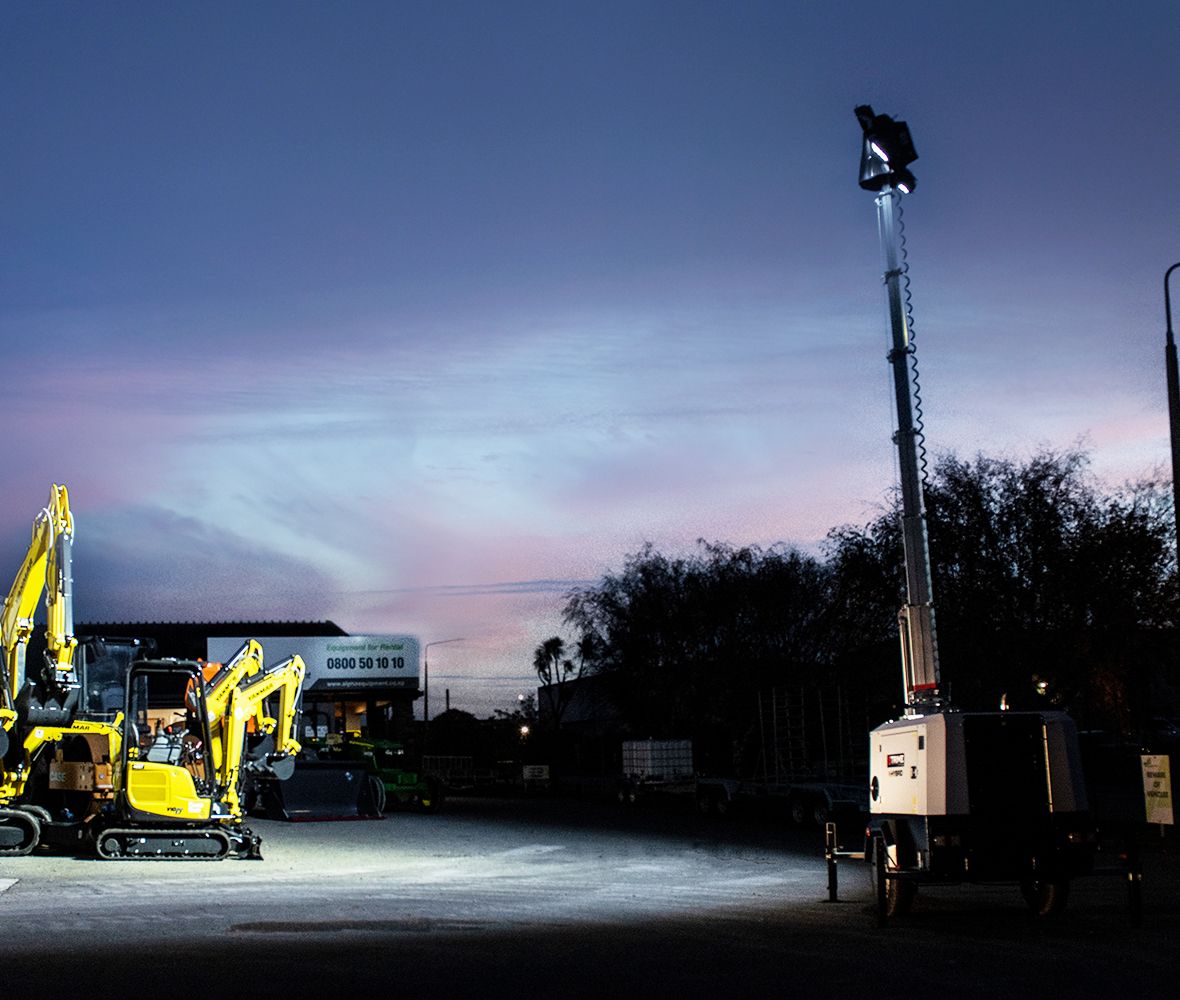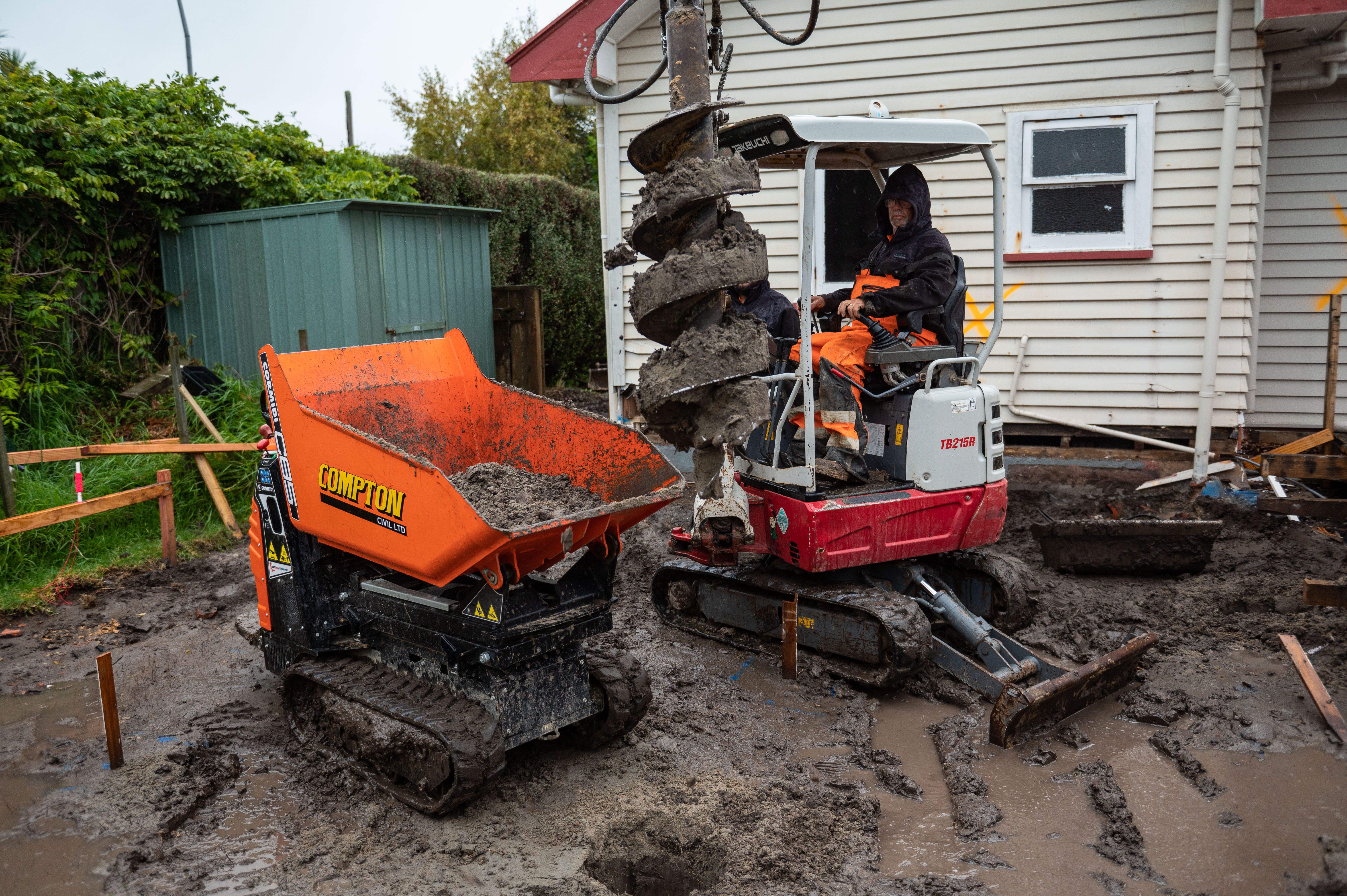3 Essential Things to Know Before Buying Civil Equipment for Your Hire Fleet

If you're in the market for civil equipment to hire out, you'll want to get it right. It's a big decision, and there are three key things to think about before you commit.
1. Know Your Customers Needs

Before you buy, you need to be clear on what your customers will be using the gear for most often. Consider the types of jobs they’ll be doing. Will you be working in tight urban spaces or on bigger rural sites? For tight spots, a compact dumper with zero swing might be best, but for large development sites, a bigger model could save them time and money.
If you’re stationed in an urban area, you may want to lean towards urban construction equipment like Cormidi Tracked Dumpers or CF 2 Plate Compactors but if you are in a rural area, it may be larger and more robust machines like Canycom Tracked Dumpers, or TRIME Lighting Towers.
The right machine is about more than just the brand or price. It's about matching the equipment to the job.
2. Consider the Whole Cost
The initial price of the machine is only part of the story. When you own equipment, you have to factor in all the other costs. This includes things like ongoing maintenance, repairs, and unexpected breakdowns. You also need to consider storage, transportation, and insurance.
When you’re hiring out machines, ensure you give the user a thorough induction on the ins and outs of machines. This will help prevent potential misuse of the machines, meaning you can save on parts and other wear and tear expenses.
It’s also a good idea to ensure that spare parts for your machines are stocked in New Zealand. If something breaks down, you don’t want to have to wait months for something to arrive. At OMC Power Equipment, we have a parts department stocked with the spare parts for the machines we sell to help you prevent downtime.
3. Think About Flexibility
The civil industry can change quickly. When you own a machine, your capital is tied up, and you might be left with a piece of equipment that isn’t the best fit for your next job. Buying can also drain your cash flow.
Hiring, on the other hand, gives you flexibility. You can adjust your fleet to match project demands and you're not stuck with a machine if a project ends. It also means you have access to the latest gear without a huge investment. You're not just paying for a machine; you’re paying for a solution that can adapt to the changing nature of your work.
In the end, choosing the right equipment for a hire fleet is about more than just the initial price tag. It’s about making a smart business decision that considers all the costs, provides flexibility for a changing market, and meets your long-term needs. By thinking about these three key things, you can make a choice that will help your business succeed.